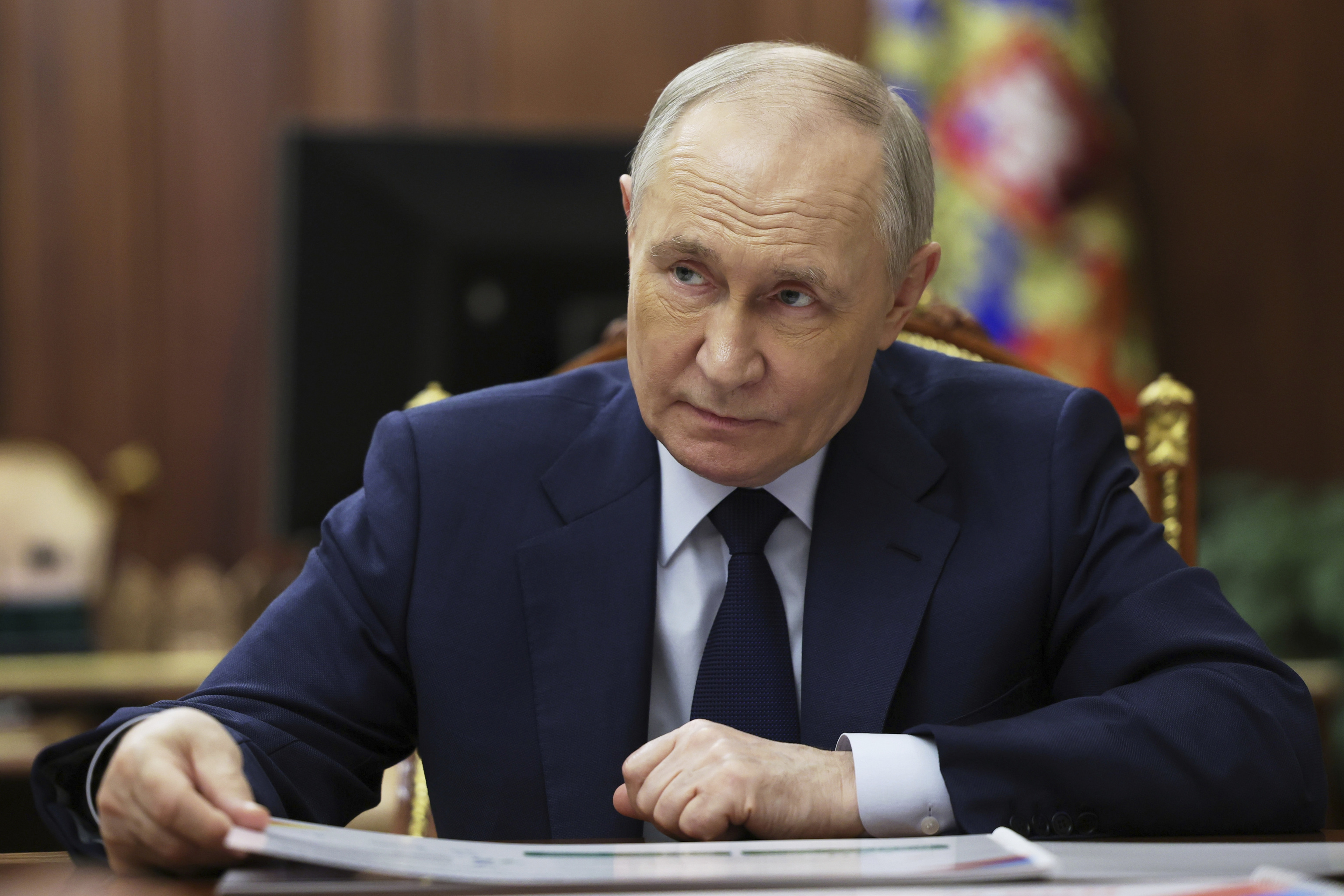If war truly breaks out, Europeans will need more than a kit that fits in a purse to survive. Brussels presented yesterday its Preparedness Strategy to face crisis situations, inspired by the Nordic model. Among the 30 points in the document, the most highlighted is the description of the basic elements that every European citizen should have to manage on their own for 72 hours in case of a crisis (or even war).
For Southern Europeans, Brussels' call for this type of self-defense-oriented preparation may be alarming. But for Finns and Swedes, it is natural, instilled in them from school, part of their DNA, as they live next to a neighbor that has always been more than uncomfortable and is now a real threat to EU security: Russia under Vladimir Putin.
Beyond matches, a radio, cash, or "what's needed to cook a puttanesca pasta," the EU's Preparedness Strategy replicates Finland's Comprehensive Security Strategy developed after the Winter War against the Soviet Union in 1939 and continued in the 90s. It is a self-defense plan where the entire society is responsible for ensuring the country's resilience against any adversity and quick recovery. This preparedness is acquired from school, where children are taught to be self-sufficient if, for example, they are alone at home before their parents return from work and a blackout occurs, or how to act in case they need to go to one of the country's thousands of underground shelters. The EU aims for Europeans to start internalizing this preparedness, as stated in the document released yesterday: "include preparedness in the school curriculum and teacher training."
The goal of having a three-day survival kit is to promote the population's self-sufficiency, crucial in times of crisis to allow authorities to focus their initial efforts on addressing the contingency. But the Nordics go further, aiming to raise awareness that each citizen has a role in a crisis and can help in different ways: donating blood, completing CPR and first aid courses, sharing advice and information in their community, or ensuring that their family, friends, or neighbors have the instructions and supplies needed to survive.
Several of the EU's 30 points mention resilience, a pillar of the Finnish and Swedish strategies, as a country's defense is also psychological. "If Sweden is attacked, we will never surrender. Any suggestion to the contrary is false," reads the 32-page document 'If the Crisis of War Arrives' sent to households by the Swedish Civil Contingencies Agency last November. The Swedish manual warns against social rupture elements in times of crisis, such as misinformation and propaganda, which can weaken and divide society against the threat, recommending turning to official channels or verifying information through multiple sources. It also alerts about hybrid threats like cyber-attacks that could jeopardize critical technological systems and recommends creating strong passwords to prevent hacking. Mental health is not overlooked but considered a fundamental part of preparedness, providing recommendations on coping with anxiety in difficult times and explaining it to children.
In Finland, they also have National Defense Courses to enhance cooperation among different sectors of society in crisis situations and promote the creation of networks of individuals working in various areas of comprehensive security. Each year, 50 social leaders selected by the Ministry of Defense participate in these training sessions for three and a half weeks. Among them are politicians, journalists, CEOs of companies, or representatives of various NGOs. Five years later, they will meet again to refresh knowledge and update the strategy, which is constantly under review.
Ultimately, trust would be the key to the success of the Nordic strategy. In a crisis, the media activate the self-defense mechanism and convey authorities' instructions to the population. Citizens trust that authorities (and key sector representatives like the armed forces) will manage the crisis effectively, while authorities trust that citizens are prepared to be self-sufficient and allow them to face the crisis. This mechanism has been forged and perfected over decades, something natural to the Nordics due to their history. Now, Brussels wants millions of citizens who have never seen their security threatened before to adopt it.
